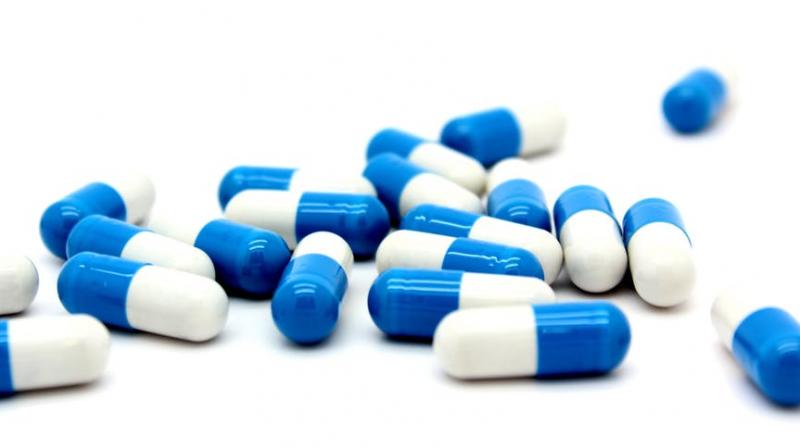New drug may prevent binge drinking in teens, says study
Researchers able to prevent detrimental behaviours by giving mice drug that blocks specific response from immune system in brain.

Melbourne: Scientists have identified a drug that may 'switch off' the urge of binge drinking in adolescents.
Researchers from University of Adelaide in Australia were able to prevent some of the detrimental behaviours like binge drinking observed in adulthood, by giving mice a drug that blocks a specific response from the immune system in the brain.
They used a drug called Naltrexone known to block the immune receptor Toll-like receptor 4 (TLR4).
"During the teen years, the brain is still in a relatively immature state. Binge drinking worsens this situation, as alcohol undermines the normal developmental processes that affect how our brain matures," said Jon Jacobsen, from the University of Adelaide.
"Therefore, when an adolescent who has been binge drinking becomes an adult, they are often left with an immature brain, which assists in the development of alcohol dependence," said Jacobsen.
The study, published in the journal Neuropharmacology, observed that adolescent mice involved in binge drinking behaviour developed an increased sensitivity to alcohol as adults and engaged in further binge drinking.
"This drug effectively switched off the impulse in mice to binge drink," said Mark Hutchinson from University of Adelaide.
"We are excited by the finding that we can potentially block binge drinking in an adult after they have experienced such behaviour during adolescence, by stopping the activation of the brain's immune system," said Hutchinson.
It is the first time this has been shown, and gives us hope that our work has implications for the eventual treatment of alcohol addiction in adults, researchers said.

